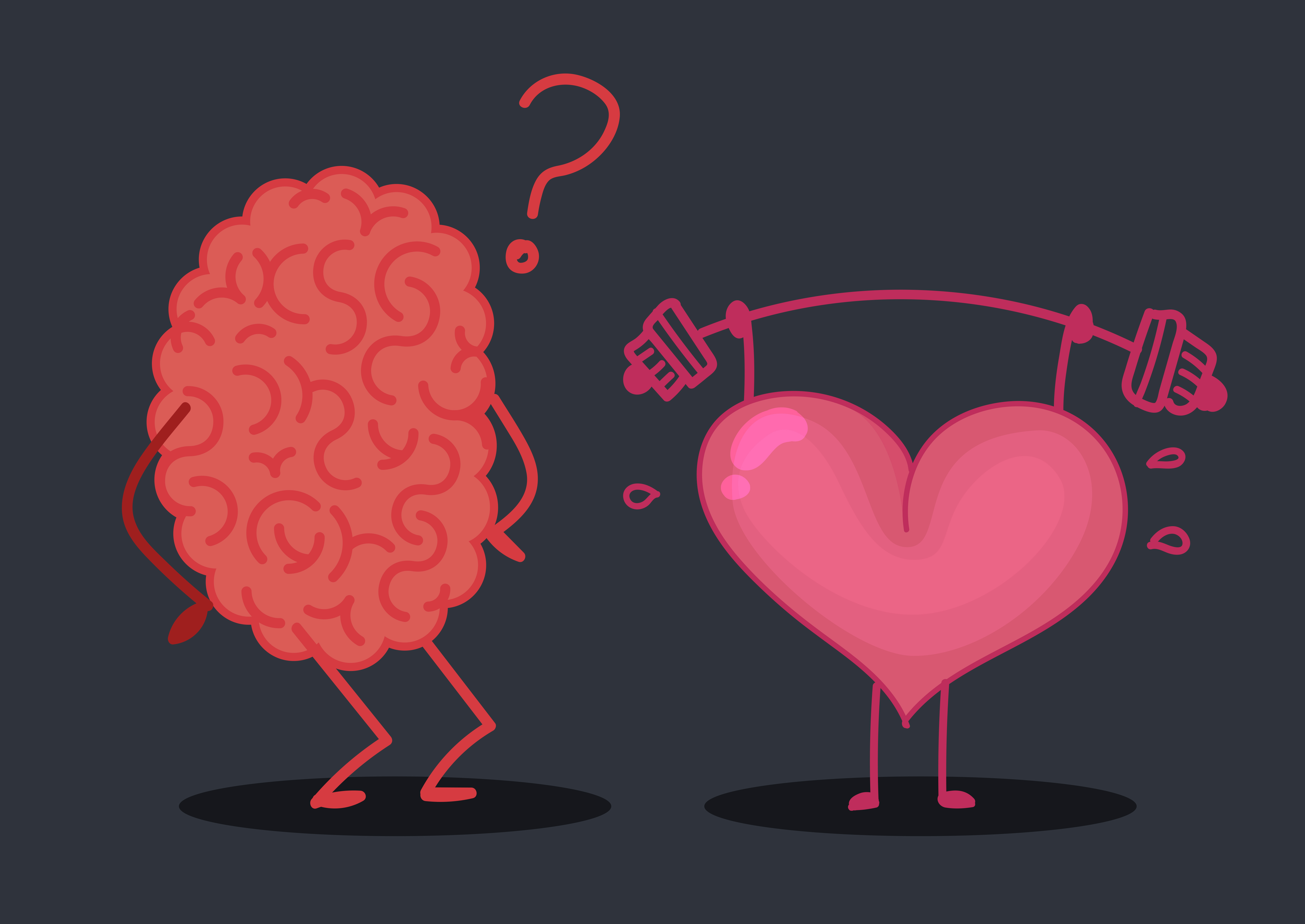The Real Common Core: How Loving Your Students Changes Everything
 AVID Center
AVID Center  Wednesday, May 20, 2015 at 9:51AM
Wednesday, May 20, 2015 at 9:51AM By Bill Madigan, AVID Staff Developer
According to author and researcher Dr. Lou Cozolino, “…teacher-student attunement isn’t a ‘nice addition’ to the learning experience, but a core requirement.” The first stage of engaging students in any lesson is to first engage with them as humans in this world– their stories, their identities.
Search Institute finds that young people are highly motivated by relationships with parents, teachers, and other adults when five actions occur within the relationship:
- Expressing Care (show me that you like me and want the best for me)
- Challenging Growth (insist that I try to continuously improve)
- Providing Support (help me complete tasks and achieve goals)
- Sharing Power (hear my voice and let me share in making decisions)
- Expanding Possibility (expand my horizons and connect me to opportunities)
These help students “feel authentically seen and known…” And the numbers don’t lie. According to Search Institute, “when adults take time connect with students and their interests, they are…68 percent more likely to want to master what they’re learning at school, and 50 percent more likely to give their best effort at school.” (Read more on this in Search Institute’s blog, The Intervention is a Relationship by Kent Pekel, Ed.D, and Peter C. Scales, Ph.D.)
Gregory Boyle, founder of the nonprofit Homeboy Industries, redeems the lives of incarcerated gang members. In his book Tattoos on the Heart, he recounts the profound story of first meeting one of many hardened, seemingly “lost” gang members:
“What’s your name?” I ask him.
“SNIPER,” he sneers.
“Okay, look (I had been down this block before), I have a feeling you didn’t pop outta your mom and she took one look at your ass and said, ‘Sniper.’ So, come on, dog, what’s your name?”
“Gonzalez,” he relents little.
“Okay . . . what does your mom call you?”
“Cabron.” There is even the slightest flicker of innocence in his answer.
“ . . . But, son, I’m looking for a birth certificate here.”
The kid softens. I can tell it’s happening. But there is embarrassment and a new found vulnerability.
“Napoleon,” he manages to squeak out, pronouncing it in Spanish.
“Wow,” I say, “That’s a fine, noble, historic name. . . . . Come on, mijito, do you have an apodo? What does your mom call you?” . . . . His voice, body language, and whole being are taking on a new shape—right before my eyes.
“Sometimes,” —his voice so quiet, I lean in—“sometimes when my mom’s not mad at me . . . she calls me . . . Napito.”
I watched this kid move, transformed, from Sniper to Gonzalez to Cabron to Napoleon to Napito. We all just want to be called by the name our mom uses when she’s not pissed off at us.”
Boyle is vulnerable, authentic, and expresses care towards Sniper. This, in turn, gives permission for Sniper to show up as Napito. A relationship has started that is essential if Napito is to make new choices about who he is and what he does. It is through relationship that all possible growth can take place, especially for those who have suffered savage challenges or who don’t believe they can learn or grow.
Too often we don’t consider this social emotional element. We dismiss it as touchy-feely. Yet the relationship is what our brains are hard wired for. Feeling good is ok, really. The neurochemicals that result from your positive relationships with your students not only reduce pain and make brains more apt to solve problems, but they directly stimulate and support neurogenesis, what we commonly regard today as neuroplasticity, or what my generation called learning.
As educators across the country spend the next year working to implement rigor for the Common Core and other state standards, many are doing so without creating routines and methods to encourage or motivate kids.
We need to be more explicit, deliberate, and intentional about integrating, connecting with, and motivating our human charges. In his book Attachment-Based Teaching, Cozolino entreats us to, “Reflect for a moment about how much time and energy you invest in the content of your teaching versus your investment in your students as people living in the world. If your focus is almost exclusively on methods of distributing information, think of investing a bit more time in relationships in the months ahead and pay attention to changes in classroom climate and student performance.”
Relationships alter the neurobiology of our brains laying the framework—literally—for learning and hope. All this is science discourse for loving as you lead. Relationships are the real common coeur.
______________________________________________________________________________________
 Bill Madigan has been an educator for more than 25 years. He has taught emotionally disturbed and at-risk students, as well as Advanced Placement® learners. He has also been an AVID coordinator and Elective teacher for almost 20 years. Bill has also been a Staff Developer both privately and with AVID, teaching brain-based learning, as well as English language learner best practices.
Bill Madigan has been an educator for more than 25 years. He has taught emotionally disturbed and at-risk students, as well as Advanced Placement® learners. He has also been an AVID coordinator and Elective teacher for almost 20 years. Bill has also been a Staff Developer both privately and with AVID, teaching brain-based learning, as well as English language learner best practices.
Want to read more great blogs from Bill? You can start here!
What Are We Doing When We Think?
Motivating Students: Could Pride Be the Best Incentive?
For more on AVID, visit http://avid.org/what-is-avid.ashx.
Reader Comments (5)
Thanks Bill for a great post at a perfect time. In the year-end palaver it can be so difficult to love our students. In our year-end fatigue we need to be reminded that summer is not a great time for so many of our students - that school is their home and that summer can be a disconnection and panic (a kind of homelessness). I appreciate you and your insights, always.
Bill reminds us that in order to teach content we need to reach the hearts of our students. Clearly, students don't care how much you know until they know how much you care. Interesting article and the resources are worth reading.
Mr. Madigan-you nailed it! Todd Rundgren's Love is the Answer is in my drive-to-work playlist. I forwarded to my fellow directors, principals, and AVID Site Coordinators.
A profoundly awakening message worth delivering to beginning teachers and veteran teachers alike during "opening session" activities to begin the school year on a positive thought provoking note.
Yes, yes, yes . . .